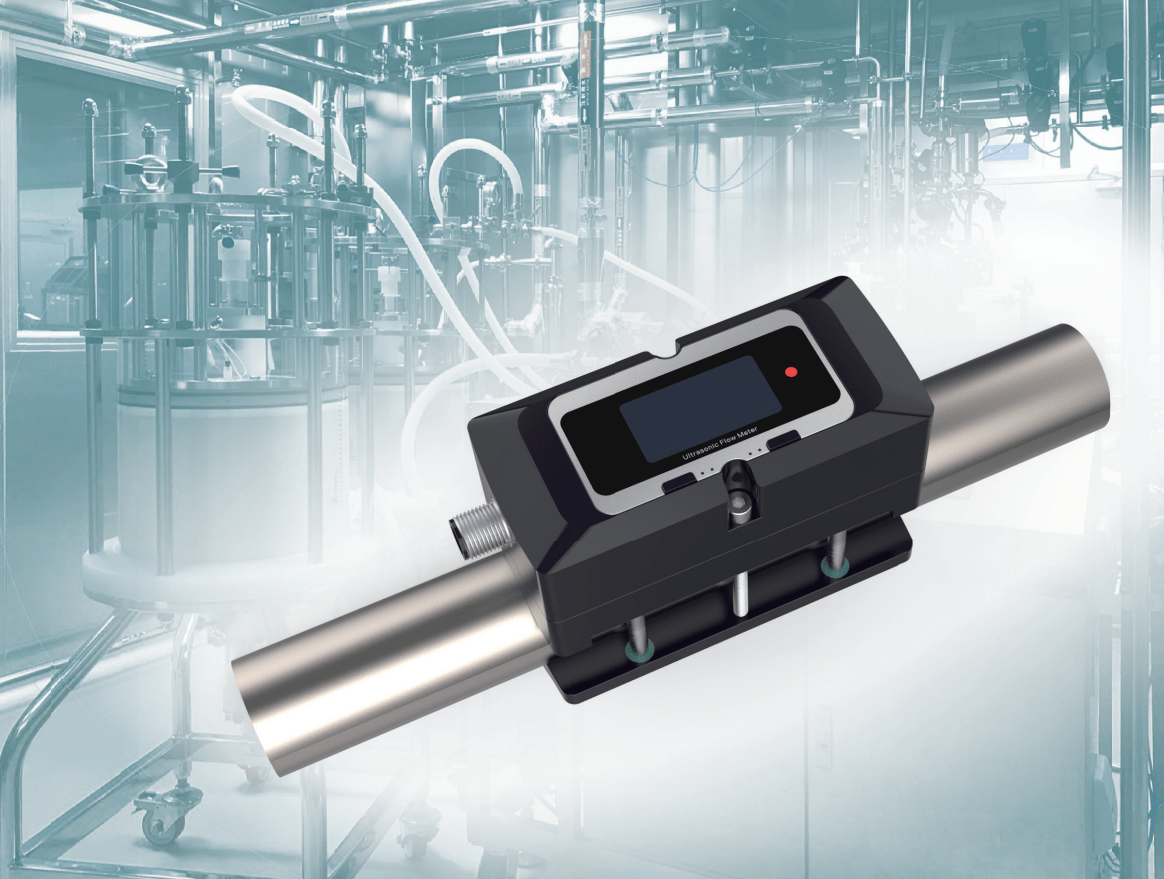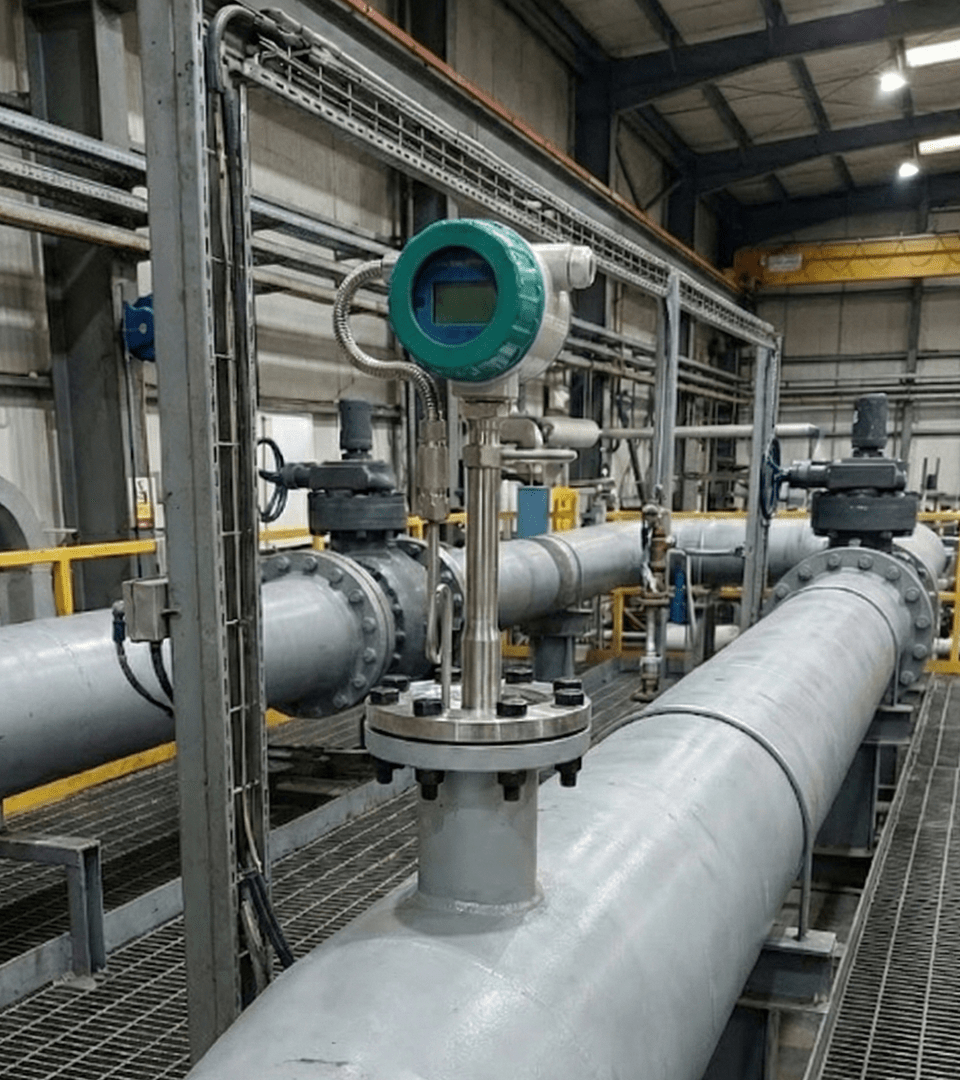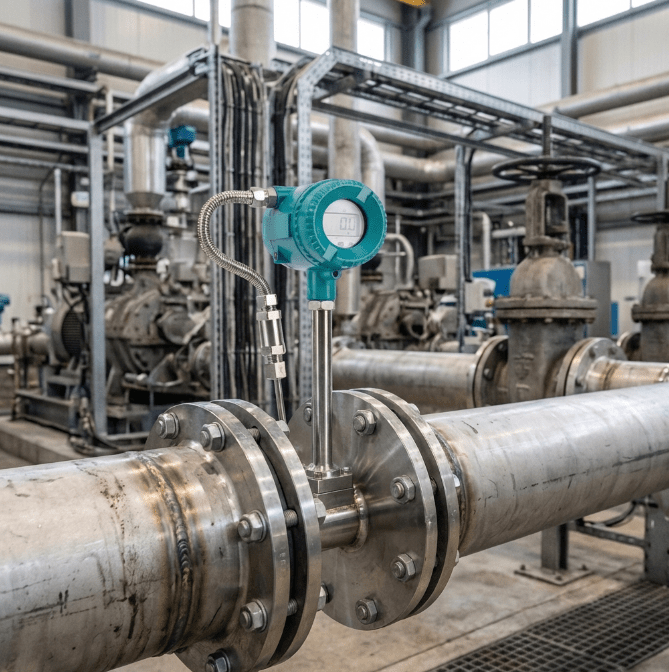Steam flow measurement challenges often lead to inaccurate readings and wasted energy in industrial processes.
Vortex flow meters are ideal for steam applications due to their resistance to high temperatures, pressure variations, and ability to handle saturated and superheated steam conditions.
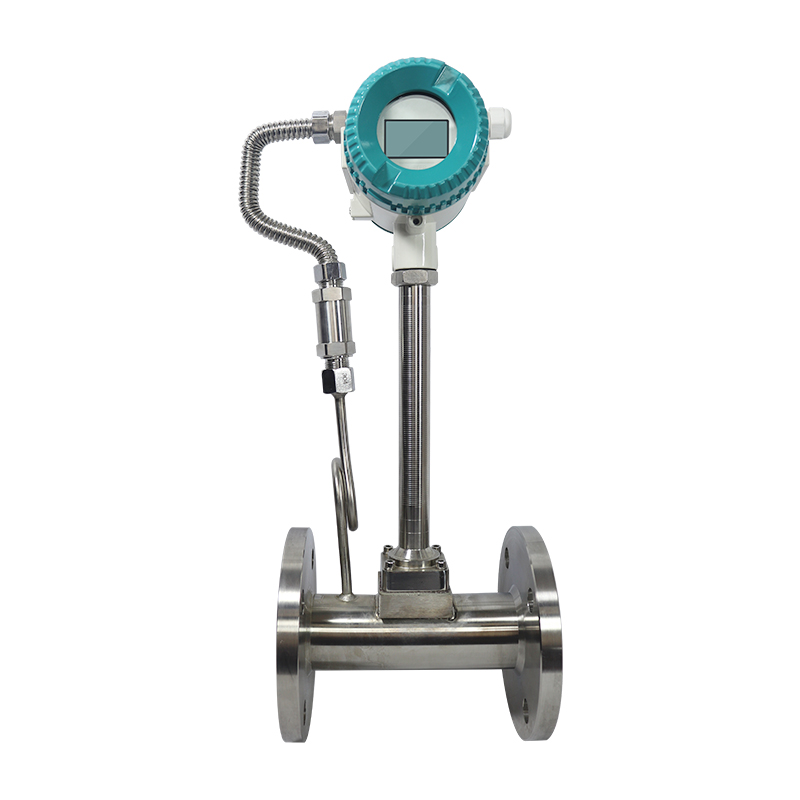
Vortex Flow Meter in Steam Service
Let me share my experience with steam flow measurement solutions.
Which Flowmeter Is Best Used For Steam?
Selecting the right flow meter for steam is crucial for accurate measurement and long-term reliability.
Vortex flow meters are the preferred choice for steam applications due to their no moving parts design, high accuracy, and ability to withstand extreme temperatures.
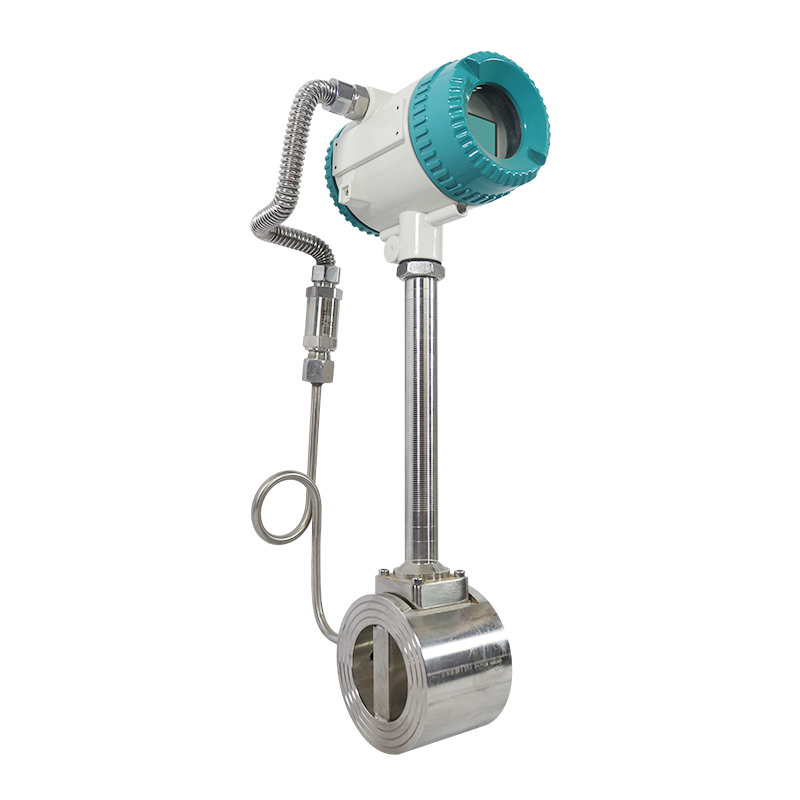 Steam Flow Meter Comparison
Steam Flow Meter Comparison
Here’s my analysis of different flow meter types for steam:
Flow Meter Comparison
Technology Options
Meter Type Advantages Disadvantages Vortex High temp resistance Minimum flow required Orifice Low cost High maintenance Coriolis High accuracy High cost DP Flow Simple design Complex installation Selection Criteria
- Operating pressure range
- Temperature requirements
- Flow rate range
- Installation constraints
Steam-Specific Considerations
Process Parameters
- Steam quality
- Pressure variations
- Temperature fluctuations
- Flow profile
Installation Requirements
- Insulation needs
- Condensate handling
- Pressure taps
- Temperature sensors
What Are The Applications Of Vortex Flow Meter?
Vortex meters serve diverse industrial needs with reliable performance.
Common applications include steam flow measurement, compressed air monitoring, natural gas metering, and liquid hydrocarbon flow measurement in process industries.
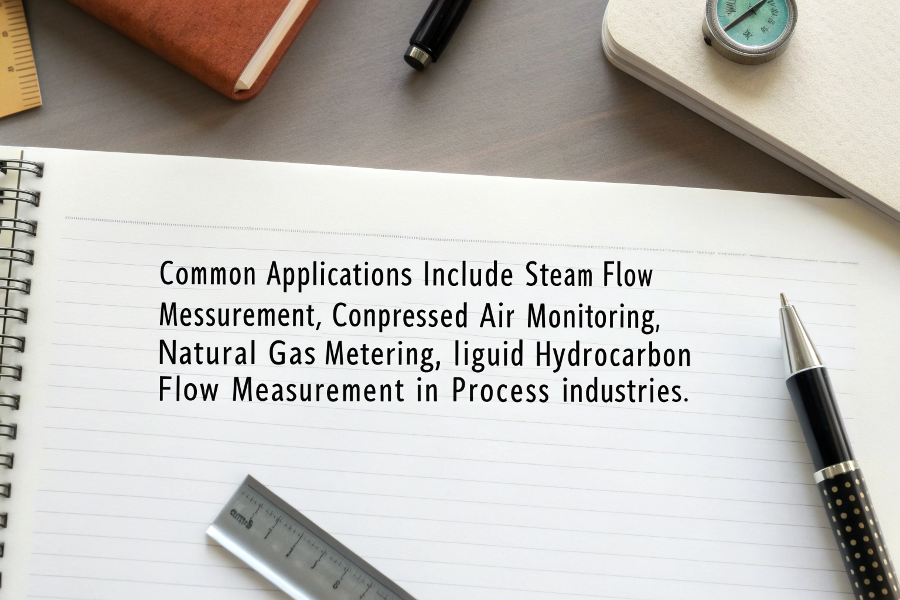
Vortex Flow Meter Applications
From my field experience:
Industry Applications
Process Industries
Industry Application Benefits Power Plants Steam monitoring Energy efficiency Chemical Process gases Safety compliance Food & Beverage Steam metering Process control Oil & Gas Hydrocarbon flow Custody transfer Utility Services
- Steam distribution
- Compressed air systems
- Natural gas networks
- Cooling water circuits
Application Requirements
Performance Needs
- Accuracy levels
- Turndown ratio
- Response time
- Long-term stability
Environmental Factors
- Indoor/outdoor installation
- Hazardous areas
- Temperature extremes
- Vibration conditions
What Type Of Steam Flow Meter Is Vortex?
Understanding vortex meter characteristics helps optimize steam measurement.
Vortex meters are volumetric flow devices that can measure saturated and superheated steam, with built-in temperature and pressure compensation for mass flow calculation.
Based on my installation experience:
Steam Measurement Features
Design Characteristics
Feature Purpose Benefit Temperature sensor Steam density Mass flow calculation Pressure sensor Steam properties Flow compensation Shedder bar Vortex generation Reliable measurement Electronics Signal processing Accurate output Steam-Specific Design
- High-temperature materials
- Thermal isolation
- Condensate handling
- Pressure rating
Performance Specifications
Measurement Parameters
- Flow accuracy
- Temperature range
- Pressure limits
- Flow ranges
Output Options
- 4-20mA output
- Digital communication
- Local display
- Alarm functions
How To Measure The Flow Of Steam?
Proper steam flow measurement requires attention to installation and operating details.
For accurate steam flow measurement, install the meter in a straight pipe run, ensure proper insulation, handle condensate properly, and use temperature/pressure compensation.
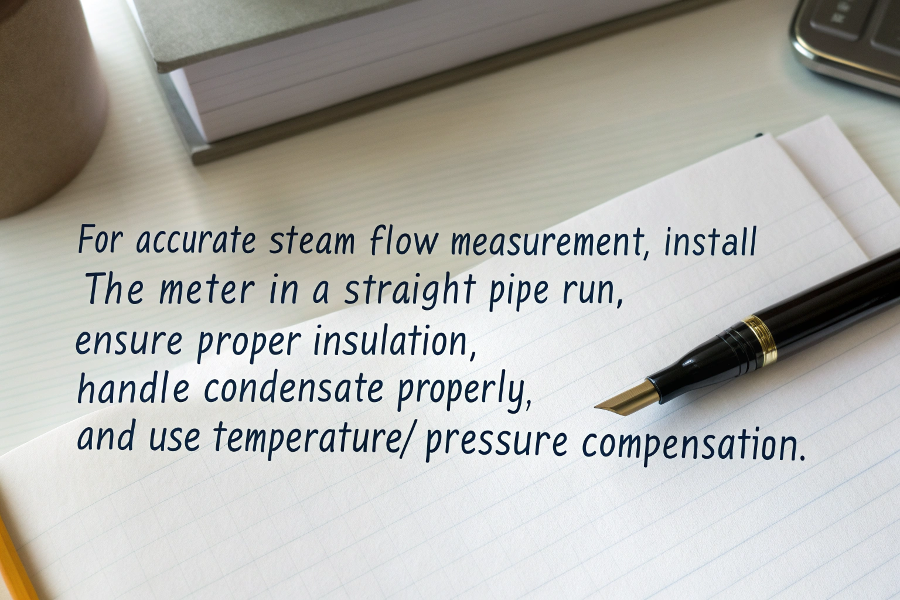
Steam Flow Measurement Setup
Here’s my practical guide:
Installation Requirements
Piping Considerations
Requirement Specification Purpose Upstream length 15-30D Flow profile Downstream length 5-10D Stability Insulation Complete coverage Heat conservation Orientation Vertical/Horizontal Condensate handling Process Conditions
- Steam quality
- Operating pressure
- Temperature range
- Flow rates
Measurement Best Practices
Setup Procedures
- Proper sizing
- Correct orientation
- Insulation method
- Condensate management
Maintenance Requirements
- Regular inspection
- Calibration checks
- Cleaning procedures
- Documentation
Conclusion
Vortex flow meters excel in steam applications when properly sized, installed, and maintained, providing reliable measurement for efficient process control and energy management.

